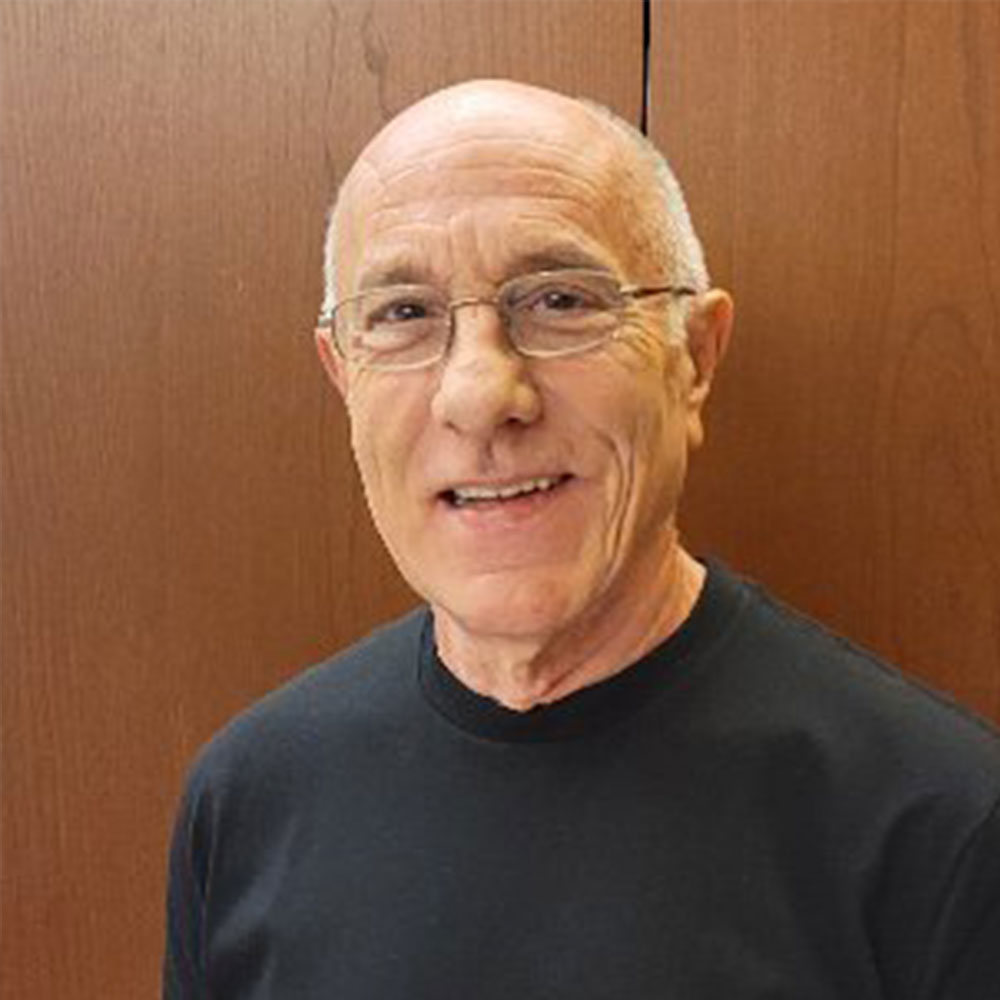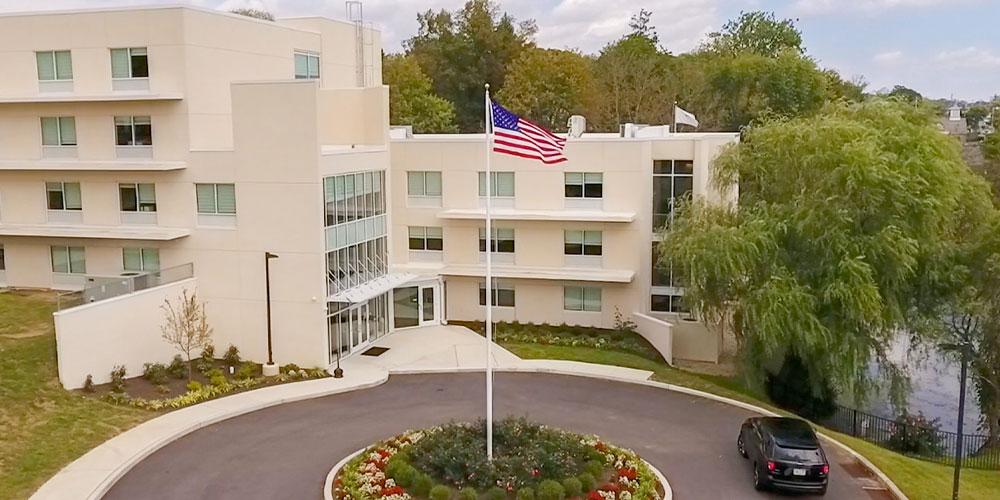Over 49,000 people died by suicide in the United States in 2023, representing one death every 11 minutes and establishing suicide as a leading cause of death nationwide.
The risk of suicide among individuals struggling with substance use disorders becomes exponentially higher, though. Research shows that people with opioid use disorders are 14 times more likely to die by suicide than the general population, while those with alcohol use disorders face a 10-fold higher risk for suicide than individuals without alcohol addictions.
The strong link between mental health and suicide requires a thorough examination of what puts people at risk, especially within vulnerable populations grappling with addictions. Effective suicide prevention and addiction interventions require integrated approaches that account for the interconnected nature of psychological distress, substance dependence, and suicidal ideation. As healthcare professionals observe World Suicide Prevention Day, on September 10, 2025, implementing evidence-based suicide risk assessment treatment protocols is central to addressing these challenges and engaging in suicide prevention regularly.

The Overlap Between Addiction and Mental Health
Clinical research illustrates a bidirectional relationship between substance use disorders and psychiatric conditions. Epidemiological studies consistently demonstrate that approximately 50% of individuals with severe mental health conditions concurrently experience substance use disorders. This clinical phenomenon is termed dual diagnosis or co-occurring disorders. Complex presentations like this elevate addiction and suicide risk.
Neurobiological foundations
The neurochemical basis for this relationship between addiction and mental health involves disrupted neurotransmitter systems, particularly serotonergic pathways that regulate mood, impulse control, and decision-making processes.
Depression is the most prevalent psychiatric comorbidity accompanying addiction, prompting concerning scenarios regarding suicidal behavior. Individuals with major depressive disorder face suicide risk 20 times higher than the general population, with the risk compounding when substance use disorders co-occur.
PTSD (post-traumatic stress disorder) is both a precipitating factor and consequence of substance abuse, potentially provoking cyclical patterns that intensify suicidal ideation. Veterans, trauma survivors, and individuals with a history of ACEs (adverse childhood experiences) often use drugs or alcohol as maladaptive coping mechanisms, inadvertently escalating their vulnerability to addiction progression and suicidal crises.
Similarly, anxiety disorders can trigger destructive feedback loops wherein substances provide temporary relief of symptoms while ultimately worsening mental health and potentially increasing suicide risk.
Substance-specific risk profiles
Evidence demonstrates that suicidal ideation and behavior are clinical concerns among individuals seeking treatment for substance use disorders, with elevated risk for lethal suicide attempts persisting, even following remission from addiction.
All addictive substances can increase vulnerability for suicidal behavior, according to a 2018 study. Postmortem analyses show the presence of:
- Alcohol in 22% of suicide cases.
- Opioids in 20% of suicide cases.
- Marijuana in 10.2% of suicide cases.
- Cocaine in 4.6% of suicide cases.
- Amphetamines in 3.4% of suicide cases.
The relationship between addictions, mental health, and suicide involves interactions between genetic predisposition, environmental stressors, and substance-induced brain neuroadaptations. Chronic substance exposure fundamentally alters brain chemistry, affecting regions responsible for executive function, emotional regulation, and risk assessment. These changes in the brain persist beyond acute intoxication and heighten the chance of relapse and suicidal behavior.
Why Treating Conditions in Isolation Fails
Traditional healthcare models often compartmentalize treatment, addressing addictions and mental health issues separately. This fragmented approach leaves individuals susceptible and inadequately supported. When someone receives addiction treatment without addressing underlying depression, for example, they remain at high risk for relapse and continued suicidal thoughts. Conversely, treating depression while ignoring co-occurring substance abuse often proves ineffective, as the addiction continues to undermine mental health progress.
The failure of siloed treatment becomes especially evident during transition periods. Individuals completing addiction treatment may experience improved physical health but continue struggling with untreated anxiety of PTSD. Without addressing these mental health components, the person faces overpowering emotional distress that may lead to relapse or suicidal crisis.
All categories of substance use disorders are associated with increased risk of suicide mortality, so whole-person care must recognize that addiction and mental health disorders share common risk factors, triggers, and treatment responses. This holistic approach accounts for the person’s complete clinical picture rather than focusing on isolated symptoms. Studies show that individuals receiving integrated dual diagnosis treatment experience much better outcomes in both addiction recovery and mental health stability.
Healthcare professionals and families should seek programs that offer coordinated and integrated care, with addiction specialists, psychiatric care, and suicide prevention protocols working collaboratively rather than in separate departments.
Suicide Prevention in Addiction Treatment: The Missing Link
Contemporary addiction treatment protocols focus strongly on achieving abstinence and preventing relapse, yet there are sometimes gaps in addressing suicide risk throughout the recovery continuum. Effective treatment providers identify these issues and offer comprehensive suicide prevention in recovery frameworks.
Key risk periods in recovery
The drug or alcohol withdrawal phase leaves people more prone to suicidal thoughts as the CNS (central nervous system) rebalances. During this period, individuals often experience severe depression, anxiety, and hopelessness as neurotransmitter systems adjust to the absence of addictive substances. The convergence of physical symptoms with emotional dysregulation may lead to the development of suicidal thoughts.
Individuals entering treatment may have profound guilt and self-condemnation, believing they have irreversibly damaged personal relationships and life circumstances. These cognitive distortions, compounded by substance-induced impairments in executive functioning and impulse regulation, can heighten the risk of a suicidal crisis.
Relapse episodes may lead to a person experiencing overwhelming feelings of failure and hopelessness. This psychological state may manifest as catastrophic thinking, with relapse interpreted as definitive evidence of the impossibility of recovery rather than a normal part of the process. This, in turn, can trigger heightened impulsivity, compromising a person’s ability to engage in rational decision-making processes or utilize previously learned coping strategies, increasing the tendency of suicidal behavior.
Addiction suicide warning signs
Healthcare professionals and family support systems must identify markers of elevated suicide risk during addiction recovery. These include:
- Social isolation patterns.
- Verbal expressions of hopelessness.
- Statements regarding feeling like a burden.
- Direct death-related statements.
- Giving away personal possessions.
- Paradoxical mood elevation after depressive episodes.
- Increased substance use, especially after periods of abstinence.
- Engagement in high-risk behaviors.
Integrated treatment methodologies
Recovery Centers of America employs evidence-based integrated treatment approaches that simultaneously address substance use disorders, psychiatric comorbidities, and suicide prevention protocols. This dual diagnosis approach gives individuals a better chance of recovering from co-occurring disorders and avoiding the risk of suicidal ideation while pursuing their recovery than a singular focus on abstaining from substances at the expense of other factors.
Clinical Leadership Spotlight: Recovery Centers of America’s Integrated Approach
Dr. Pete Vernig, Vice President of Mental Health Services at Recovery Centers of America (RCA) shares, “A major cause of death in the United States, suicide is preventable! There are resources for people thinking about suicide, and for anyone concerned about a friend or family member.
For too long, shame and stigma have obscured discussions about suicide. It’s time to have open and honest conversations about this preventable tragedy that takes the lives of tens of thousands of Americans every year, and touches many more by leaving lasting effects on families and communities. Struggling is not shameful; hope and help are not secrets—they are available 24/7. Anyone can get support for themselves or a loved one by calling the Suicide and Crisis Lifeline at 988.”
What RCA does about suicide?
As a leading provider of substance use disorder and mental health services, Recovery Centers of America is working to break down the stigma surrounding suicide and provide safe treatment for the patients we serve. All clinical staff at RCA are trained in suicide prevention, and we assess patients regularly for suicide risk using evidence-based tools. Our multidisciplinary treatment teams include therapists and psychiatric providers who engage patients in psychosocial and medical treatments for the risk factors underlying suicide.
As part of our commitment to strengthening mental health care in the communities we serve, RCA has always treated patients with co-occurring mental illness and recently opened our first stand-alone residential program for mental health at our Indianapolis location. The struggle to prevent suicide is real, but so is the hope and help available for people living with thoughts of suicide or self-harm. RCA is proud to be one of those resources.
Families, Communities, and the Power of Awareness
Suicide prevention support goes far beyond clinical treatment environments, though. It requires active engagement from families, peer networks, and broader community systems. The therapeutic value of interpersonal connections in preventing suicidal behavior cannot be overstated, with extensive research confirming that individuals maintaining solid social support networks exhibit substantially reduced suicide rates, even when dealing with concurrent addiction and psychiatric challenges.
Family-centered intervention strategies
Family and addiction recovery are interconnected and require approaches that tackle both substance abuse and suicide risk factors simultaneously. Family members often serve as early warning systems, positioned to identify subtle behavioral changes that may signal escalating psychological distress or suicidal ideation. That said, families must overcome pervasive stigma and fear surrounding discussions of these issues to effectively support their loved ones.
How to communicate effectively
Family members may benefit from training in direct inquiry techniques regarding suicidal thoughts, learning to ask questions such as, “Are you considering harming yourself?” or
“Have you thought about suicide?” without demonstrating panic or judgment. Direct conversations like this can provide relief and connection for individuals experiencing isolation and hopelessness, contrary to common misconceptions that discussing suicide may increase risk.
Effective family responses also involve compassionate listening, active engagement, and immediate connection to professional intervention resources. Family members should learn to distinguish between acute crises requiring emergency response and ongoing support needs that benefit from sustained therapeutic relationships.
Community-based suicide prevention initiatives
Community awareness programs aligned with World Suicide Prevention Day’s mission may involve educational initiatives targeting teachers, employers, religious leaders, and community organizations. These programs create multiple protective networks, ensuring that vulnerable individuals get the support and hope they need across different social touchpoints.
Community-wide training programs can impart recognition of warning signs, provide initial support, and connect individuals to professional resources. These programs are particularly impactful when addressing addictions with co-occurring mental health conditions.
Religious organizations, workplace wellness programs, educational institutions, and community centers are all valuable platforms for suicide prevention education and family support, reducing stigma while building community capacity to support at-risk populations.
Hope, Healing, and the Path Forward
Evidence-based integrated treatment protocols consistently show positive outcomes for individuals confronting substance abuse, mental health issues, and suicidal thoughts. At Recovery Centers of America, we aim to help one million people achieve lasting wellness and social reintegration, regardless of the struggles they face. How do we achieve this?
- Medication-assisted treatment helps stabilize disrupted neurotransmitter systems.
- Talk therapies address underlying trauma, depression, and anxiety disorders and impart healthy coping mechanisms.
- Peer support networks help people access powerful therapeutic communities.
- Family interventions such as education, coaching, and support groups rebuild damaged relationships while educating support systems about helping their loved ones sustain recovery.
- Aftercare planning ensures a seamless transition from treatment to independent living.
The therapeutic window for suicide crisis intervention can be measured in moments rather than days. Access to comprehensive, integrated treatment improves both acute crisis resolution and long-term recovery trajectories. Recovery Centers of America provides the specialized clinical expertise, compassionate care, and coordinated support systems necessary for healing from these complex and interconnected conditions.
Recovery and suicide prevention are possible. If you or someone you love is struggling with addiction or mental health challenges, Recovery Centers of America is here to help. Call us today. We answer calls 24/7 because every second matters.
Alternatively, if you or someone you know is in crisis, please call or text 988 to reach the Suicide and Crisis Lifeline.








